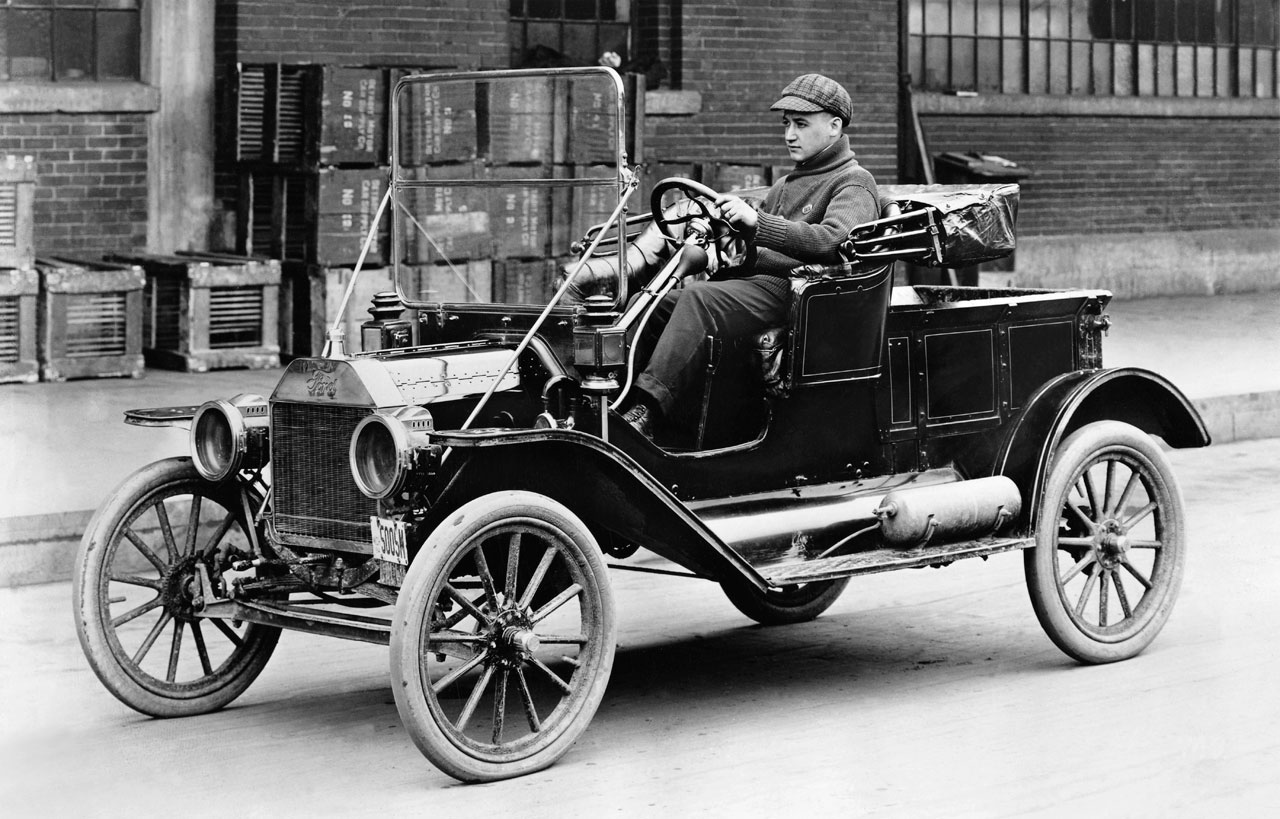The secret to pricing your SaaS product right
It’s far more simple than you may have thought. Also it’s more common sense than secret. Anyway it goes like this.
The million euros question
You (obviously) know your product, and you know the competition.
So since the main competitor in your field prices their equivalent product at $X/m, how much would you pay for your product. Oh, you have 5 seconds to answer…
If you can’t answer this question in 5 seconds, this means one or more of the following:
- You don’t have a clear idea of what your product really is.
You’ve built some features together, but you have no sense of the end result. - You have not studied the competition enough.
You may have a good product, but you don’t know if it’s good enough. - You can’t put your self in the customer’s shoes.
This is by far the worse case scenario. If you don’t know how people perceive and evaluate similar products, it’s very hard to know what features to build, how to advertise your product right and obviously how to price it.

The tablet example
First of all let’s define tablets.
Tablets are the device that people use to get away from all the things that suck about computers. These include, Adobe flash, keyboards, cables, Microsoft office, loosing your work because of a virus, running out of battery after an hour, troubleshooting driver problems and many many others.
People use tablets to easily watch videos, surf the web, enjoy music, and talk with friends. They like them because they are simple, light and the battery lasts for long.
Microsoft released Surface tablet for $500, the same price as iPad. Surface had most of the problems in group A, where iPad had all of the qualities in group B. Surface’s only competitive advantage was running Microsoft Office natively. As we all know, MS Office is a boring piece of software most of us already use all day at our computers at work. Mostly because we have to.
So if the top competitor in the market prices it’s product at $500, and your product is heavy and boring, with a worse screen and poor battery life how much would you pay for it? I’d say $200 would be a fair price, although I’d still go for the iPad.
Microsoft failed to answer all of the above questions and ended up dropping the price by $150 a couple of weeks ago.
Who got the price right ?
Google was more respectful of the competition and priced Nexus 7 at an introductory price of $200. At the time android was not as polished as iOS, it didn’t have an equally large app selection, it was heavier and with a bit worse battery life. Still at $200 it was a very honest and competitive offer compared to iPad mini being 65% more expensive at $330.
The pricing path
Every day during the development of your product, it’s important to be respectful of the efforts of other talented people. The market is full of well established products that you simply cannot compete with without either an amazing product or a very competitive price.
The more you evaluate your competition the harder it looks. This not defeatism. This is realism. There is a good reason 80% of new companies fail during the first five years. This thought path will eventually lead you to the conclusion that in most markets it’s impossible to compete. For example I can’t imagine any startup competing with Gmail.
That’s perfectly fine, you don’t have to compete with giants. Through constant and honest re-evaluation of your pricing strategy you will understand in which market segment you can achieve a competitive pricing for your product.
The rule of thumb is that if you end up pricing your product very low, your are trying at a very saturated market. If you end up pricing your product very high, you are trying at a market where there is not sufficient demand. The pricing path leads to the ideal positioning of your product in the market, in a segment where you can realistically have a good chance of competing.



